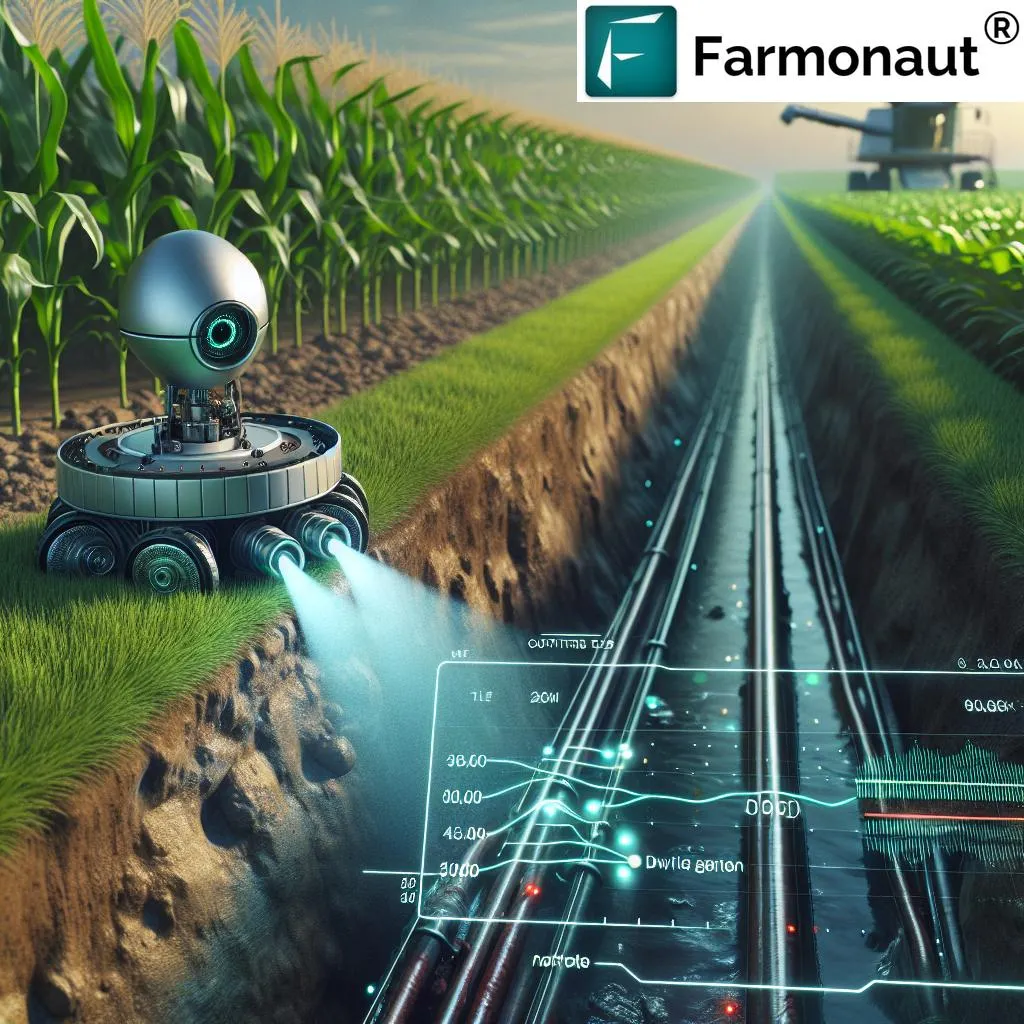In the heart of Iowa, researchers are pioneering a technology that could revolutionize precision agriculture, offering a smarter, more efficient way to manage crops and reduce chemical waste. Mahsa Khosravi, from the Department of Industrial and Manufacturing Systems Engineering at Iowa State University, has developed a novel approach that combines deep reinforcement learning and conditional action trees to optimize robotic navigation and chemical application in fields.
The technology, dubbed Hierarchical Action Masking Proximal Policy Optimization (HAM-PPO), is a game-changer for the agricultural sector. It enables robots to make hierarchical decisions, guiding their exploration and optimizing their navigation and chemical spraying in affected areas. “Our method significantly outperforms baseline practices,” Khosravi explains, “achieving higher yield recovery percentages and lower chemical costs across a range of infestation scenarios.”
The implications for the energy sector are substantial. Precision agriculture reduces the environmental footprint of farming, which in turn lowers the energy required for chemical production and transportation. By minimizing chemical usage and improving yield recovery, HAM-PPO contributes to more sustainable farming practices, aligning with the growing demand for energy-efficient and eco-friendly solutions.
The research, published in the journal *Smart Agricultural Technology* (translated from Chinese as 智能农业技术), demonstrates that HAM-PPO is robust to observation noise and generalizable under diverse environmental conditions. This adaptability is crucial for real-world applications, where fields can vary greatly in infestation ranges and spatial distribution patterns.
Khosravi’s work is not just about improving crop yields; it’s about reshaping the future of agriculture. “Our framework exhibits robustness and generalizability,” she notes, “adapting to varying infestation ranges and spatial distribution patterns.” This adaptability could pave the way for widespread adoption of autonomous farming technologies, reducing labor costs and increasing productivity.
As the world grapples with the challenges of climate change and resource depletion, innovations like HAM-PPO offer a beacon of hope. By optimizing navigation and chemical application, this technology not only enhances agricultural efficiency but also contributes to a more sustainable future. The research underscores the potential of deep reinforcement learning in transforming traditional practices, heralding a new era of smart, efficient, and eco-friendly agriculture.
In the coming years, we can expect to see more of these intelligent systems in fields around the world, driven by the need for sustainable and efficient agricultural practices. Khosravi’s work is a testament to the power of innovation in addressing global challenges, offering a glimpse into a future where technology and agriculture converge to create a more sustainable world.

